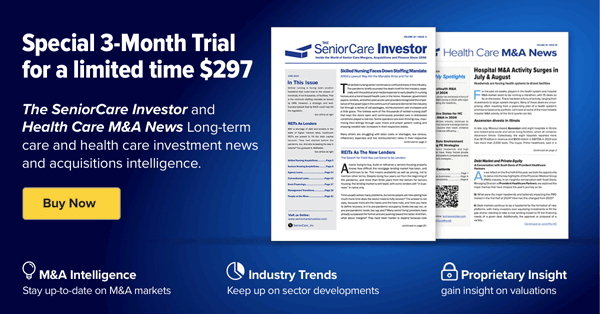Biofourmis, a privately held global digital therapeutics company, has moved into the oncology arena with its acquisition of Gaido Health from Takeda Pharmaceuticals (NYSE: TAK). Gaido Health is also a digital therapeutics company but exclusively focused on the oncology market. It was part of Takeda Digital Ventures, Takeda’s corporate technology investment, and incubation arm. Financial terms were not disclosed.
Boston-based Biofourmis and its Biovitals platform use artificial intelligence (AI) to offer personalized, predictive care for patients. It acquired Swiss wearables firm Biovation AG in November 2019 for an undisclosed price.
For Biofourmis, the Gaido Health acquisition seeks to address a disconnected oncology care pathway that has led to more than 30% of patients on chemotherapy being readmitted to the hospital or requiring a visit to the emergency department. In the United States alone, 1.6 million patients are diagnosed with cancer each year, and the total cost of care is expected to rise to $170 billion in 2020.
Gaido Health’s solution, which will be supported by Biofourmis’ existing Biovitals® platform, combines information on vital signs collected via remote monitoring in the home, patient surveys and analytics to detect early signs of complications in patients with cancer who have been recently discharged from the hospital. Gaido Health’s AI-based algorithms detect signs of complications to inform the clinician, enabling earlier interventions.
Together, Gaido and the Biovitals platform will manage toxicities in patients undergoing CAR T-Cell Therapy, a form of immunotherapy that uses specially altered T cells—a part of the immune system—to fight cancer. The total cost of CAR T-cell therapy has been estimated to be more than double the cost of the drug when factoring in post-therapy hospitalization and the treatment of toxic side effects. Using the Gaido Health platform, patients can be monitored at home to detect early signs of any clinical complications following therapy, which will enable care teams to receive real-time actionable alerts for earlier interventions that can prevent medical crises.


